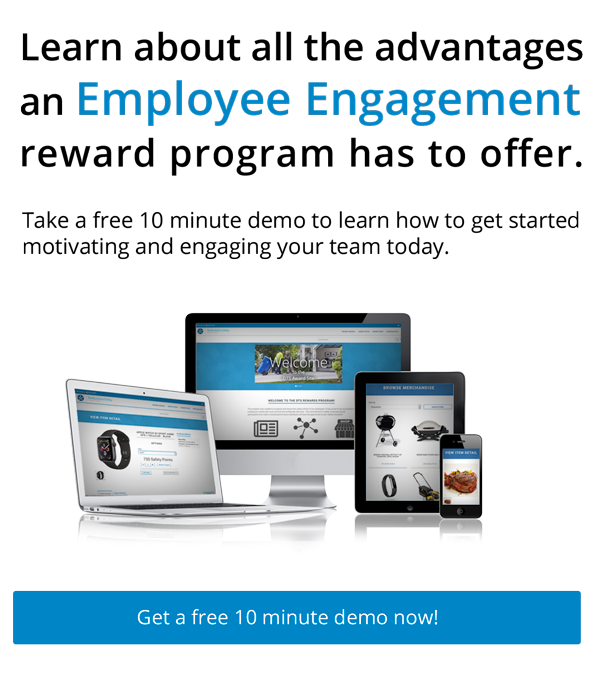Listen to this blog:

In Gallup’s State of the Global Workplace study, it’s reported that employees in the US and Canada are increasingly worried and stressed at work:
- 41% report worrying daily
- 50% report daily stress
- 18% feel anger every day
- 22% report feeling sad every day
Today’s employees are acutely aware of the way in which their employer functions in the world, and actively look for companies that share their values. Generation Z (1995-2010) is the age group most concerned about sustainability and want to work for companies that protect the environment. Likewise, as consumers, Gen Z’s choose sustainable products over recognized brand names.
What are employers doing to address the emotional state of their employees?
Similar to the Environmental, Social and Governance initiatives we covered in a previous post, People, Planet and Prosperity goals also play a role. The “people” component ensures that employees can fulfill their potential with dignity and equality in a healthy environment. This is often addressed through employee reward and recognition programs that, when structured effectively, clearly communicate company values and expectations.
Forward-thinking companies are including wellness and safety components in their employee programs. In fact, some are taking the next step from “wellness” to “wellbeing”, incorporating stress-reduction, anger management and other counseling resources into their programs.
Employees stay where they feel valued and appreciated. Turnover is expensive for any size organization, so companies are taking steps to keep their key talent. The Gallup study also reports on employee’s beliefs about the current job market. The Great Resignation is a real threat:
- 71% of employees feel that now is a good time to find a job
- 20% would move for a new job
- 51% are living comfortably on their present income
Company leaders understand that managers make a difference. Employees don’t often leave companies, they leave managers. Most great managers are not born…they are made. Through effective training, managers can become more empathetic, collaborative and find creative, personalized solutions for employee concerns. There is a value to conducting “stay conversations” (the opposite of an Exit Interview). These 2-way exchanges reveal what is important to the employee, they can share their career goals and what they feel they need to be more successful in their role in the organization.
To get started structuring employee programs that address the emotional wellbeing of employees while achieving company goals and objectives, contact one of our Incentive Professionals today!



